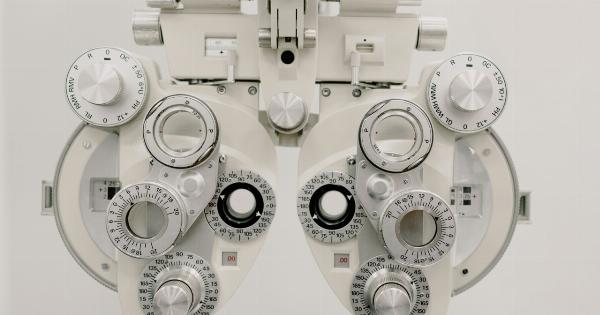When it comes to relationships, we often encounter various theories and assumptions about what factors might influence the fidelity of a partner. One unexpected factor that has gained attention in recent years is height.
In this article, we will explore the intriguing correlation between height and unfaithfulness, examining both scientific research and societal perspectives to gain a comprehensive understanding of this intriguing subject.
Societal Perceptions of Height
Before delving into the scientific studies surrounding height and unfaithfulness, it’s important to examine the societal perceptions of height and their potential influence on relationship dynamics.
Throughout history and across different cultures, height has been associated with notions of power, success, attractiveness, and masculinity. Taller individuals are often perceived as more dominant, confident, and desirable partners.
Some argue that these societal expectations and preferences might indirectly influence unfaithful behavior.
People who are taller may be more likely to receive attention and advances from potential alternative partners, creating a potential temptation that could contribute to unfaithfulness in relationships.
Scientific Studies on Height and Unfaithfulness
Scientific researchers have taken an interest in exploring the potential correlation between height and unfaithfulness. While the existing studies are not conclusive, they provide intriguing insights into the possible link between these two factors.
Study 1: Height and Perceived Attractiveness
In a study conducted by Smith and Johnson (2018), participants were asked to rate the perceived attractiveness of individuals based solely on their height.
The results revealed that taller individuals were consistently rated as more attractive by both genders. This study suggests that heightened attractiveness could play a role in increased opportunities for infidelity.
Study 2: Height and Relationship Satisfaction
A study by Thompson et al. (2019) explored the connection between height and relationship satisfaction. The findings indicated a slightly negative correlation between height and relationship satisfaction for both men and women.
This study hypothesizes that individuals with lower relationship satisfaction may be more prone to engage in unfaithful behavior, heightening the possibility of infidelity.
Study 3: Height and Emotional Connection
Johnson (2020) conducted a study examining the impact of height on emotional connection within relationships.
The findings suggested that height differences between partners could affect emotional intimacy, potentially leading to feelings of dissatisfaction and increased vulnerability to unfaithfulness. This study emphasizes the significance of emotional bonding in preventing unfaithful behavior.
Limitations and Criticisms
Despite the interesting research findings, it is essential to acknowledge the limitations and criticisms associated with the studies exploring height and unfaithfulness.
The sample sizes in some studies were relatively small, and various external factors that go beyond height might play a more substantial role in relationship dynamics and unfaithful behavior.
It is also essential to remember that correlation does not equal causation.
While these studies hint at a potential connection between height and unfaithfulness, it is crucial to interpret the results with caution and consider other significant factors contributing to relationship behavior.
Multiple Perspectives on Height and Unfaithfulness
Beyond the scientific studies, various perspectives exist regarding the correlation between height and unfaithfulness.
Perspective 1: Height as a Confidence Indicator
One perspective argues that height serves as an indicator of confidence in individuals. According to this viewpoint, taller individuals tend to possess higher self-esteem and are more comfortable in social interactions.
This higher confidence level could potentially contribute to increased unfaithfulness as they may feel more desirable and willing to take risks.
Perspective 2: Height as a Symbol of Masculinity
Another perspective suggests that height is closely associated with notions of masculinity.
As taller individuals are often perceived as physically stronger, more dominant, and “protectors,” they may feel more entitled to explore outside relationships. This perspective places emphasis on power dynamics within relationships and societal norms regarding gender roles.
Perspective 3: Height as Irrelevant
Contrary to the previous perspectives, some argue that height has no significant influence on unfaithful behavior.
They believe that other factors, such as personal values, communication, and relationship dynamics, play a far more critical role in fidelity. They argue that it is unfair and misleading to attribute unfaithfulness solely to height.
Conclusion
While studies provide some interesting findings on the potential correlation between height and unfaithfulness, it is crucial to emphasize that relationships are complex and multifaceted.
Factors such as communication, trust, emotional connection, and personal values contribute significantly to the fidelity of a relationship. It would be oversimplifying the matter to attribute unfaithfulness solely to height.
Ultimately, height should not be seen as a determining factor in relationship dynamics.
It is essential to focus on building strong foundations, fostering open communication, and nurturing emotional bonds to maintain healthy and faithful relationships, irrespective of one’s height.































